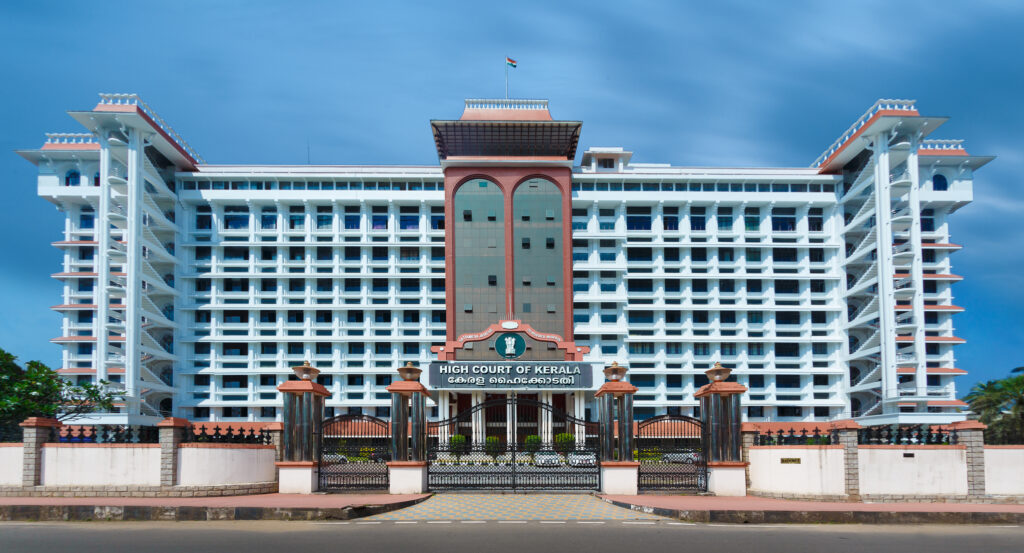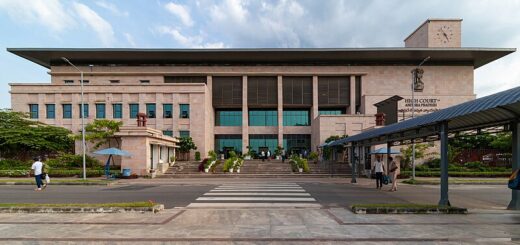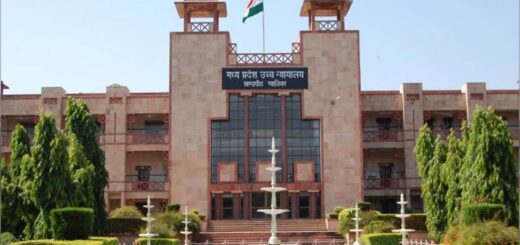The Kerala High Court has stated that a magistrate can order anyone to give a voice sample for investigation purposes.

The court issued an order allowing the collection of a voice sample from a person accused in a corruption case at the Forensic Science Laboratory. It noted that the Magistrate has the authority to instruct anyone to provide their voice sample for investigation under Section 349 of BNSS. The court emphasized that the Investigating Officer has the right to seek and gather all legal evidence to support the prosecution’s case. Justice C. Jayachandran, in a single-judge bench, stated that if the Investigating Officer claims there is a voice recording of the petitioner demanding a bribe, this would be significant evidence for the prosecution.
Advocate K.M. Sathyanatha Menon represented the petitioner, while Special Public Prosecutor (Vigilance) A. Rajesh represented the respondents. The case alleged that the petitioner demanded a bribe of Rs. 52,000 to issue necessary records from the Village Office, allowing the complainant to apply for ‘Pattayam’ for 35 cents of land. The petitioner received Rs. 30,000 from the complainant. A trap was set, leading to the registration of a crime against the petitioner. The petitioner, the sole accused, challenged the order allowing the collection of their voice sample at the Forensic Science Laboratory in Thiruvananthapuram, arguing that the order was legally unsound as it lacked any supporting material.
The FIR was filed before the Bharatiya Nagarik Suraksha Sanhita, 2023 took effect. The Respondent argued that the investigation, which started under the old Code, will continue as per Section 531(2)(a) of the B.N.S.S. They also referenced the Supreme Court ruling in Ritesh Sinha v. State of Uttar Pradesh and Another [2019 (8) SCC 1], which stated that a Judicial Magistrate can order a person to provide a voice sample for a crime investigation until new provisions are added to the Code. The Bench found the argument that the petitioner was not an accused during the alleged conversation, or that they were not in custody when the order was made, to be weak. It stated that neither point is necessary for ordering a voice sample. Conversations before a crime can be used as evidence, so claiming the petitioner wasn’t an accused at that time lacks merit.
The Bench emphasized that there is no legal requirement from the Ritesh Sinha ruling or Section 349 of the B.N.S.S. stating that the accused must be in custody when a voice sample order is issued. According to Section 349, the key factor is whether the Magistrate believes it is necessary for a person to provide a voice sample for the investigation or proceedings under the B.N.S.S. Thus, the main focus is on whether the voice sample is needed for the crime investigation.
The Bench stated that the crime was recorded based on a setup. “If, as argued by the petitioner’s lawyer, the phenolphthalein test showed negative results, this only strengthens the need for the Investigating Agency to present any available evidence to support the prosecution,” it noted.
According to the Bench, issues about who accessed the disputed conversation and whether it was from the phone of the defacto complainant’s sister’s son were not relevant for the petitioner/accused to address during the investigation phase. At this point, questions about the negative phenolphthalein test and whether the currency notes were found on the petitioner or from a nearby window were not important for consideration. Therefore, the Criminal Miscellaneous case was dismissed.
Cause Title: Sunil Rajan K v. Inspector Of Police [ Neutral Citation: 2024:KER:85215]
Appearance:
Petitioner: Advocate K.M.sathyanatha Menon
Respondents: Special Public Prosecutor (Vigilance) A.Rajesh, Senior Public Prosecutor Rekha S.









